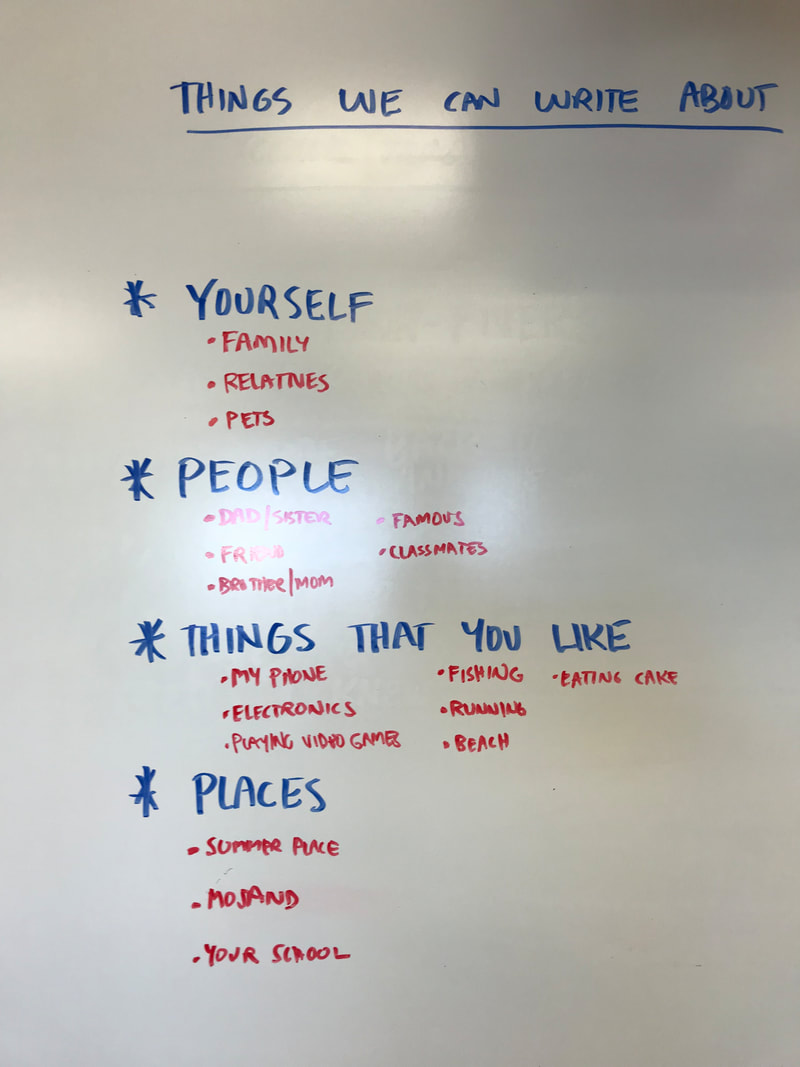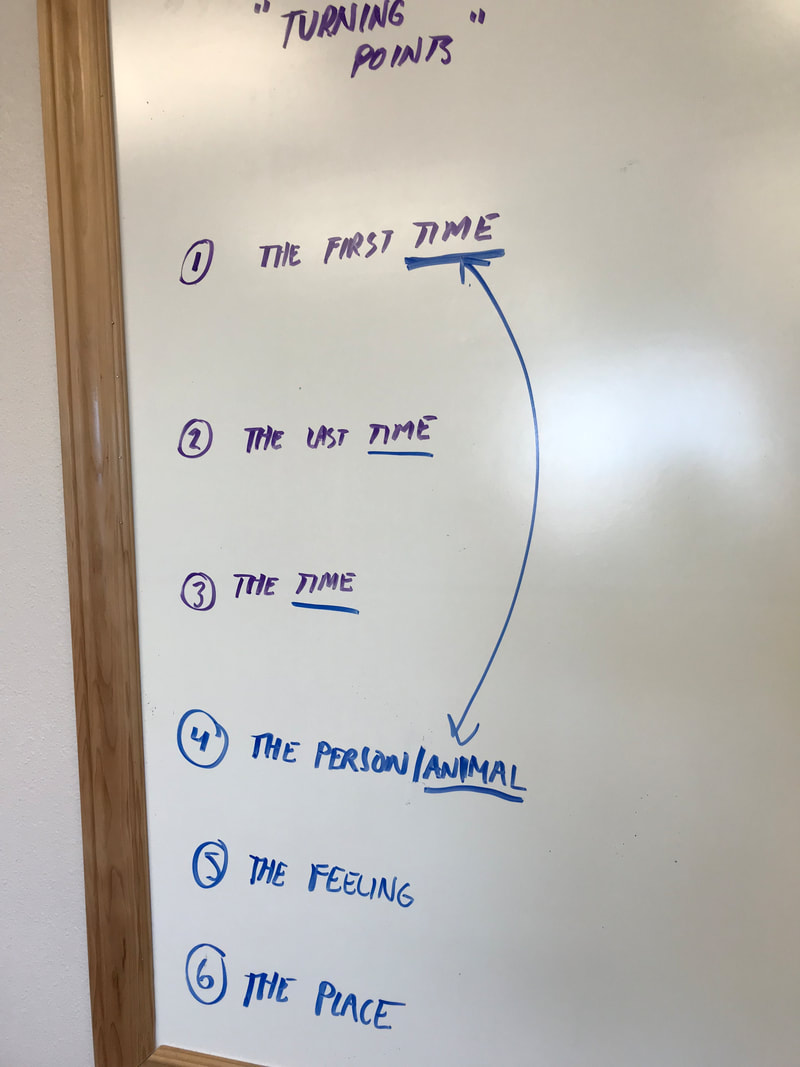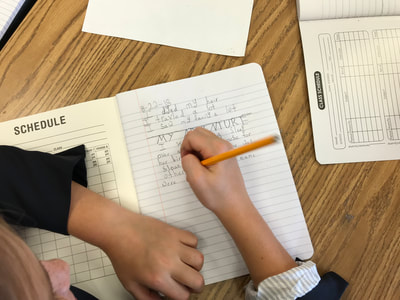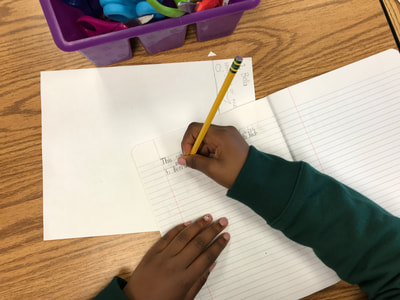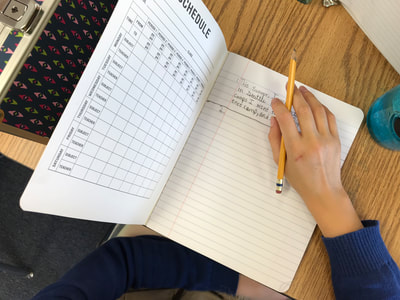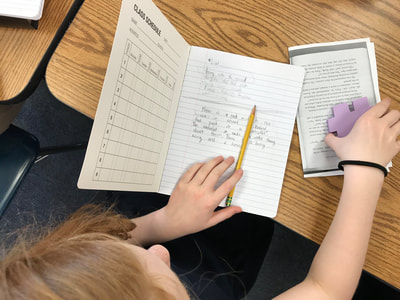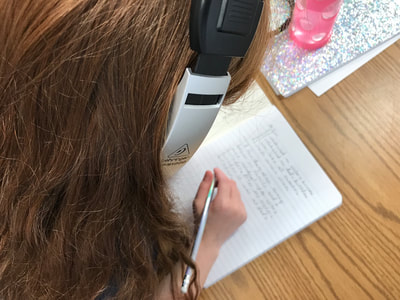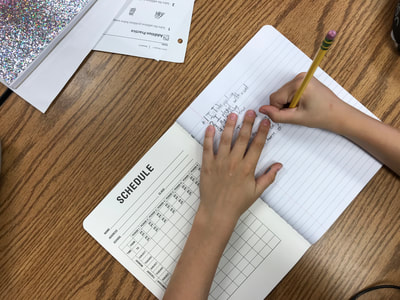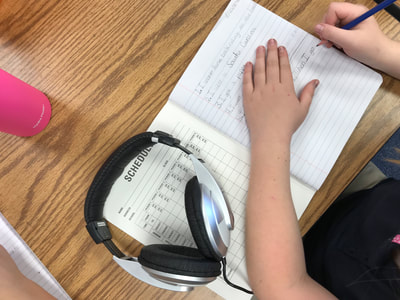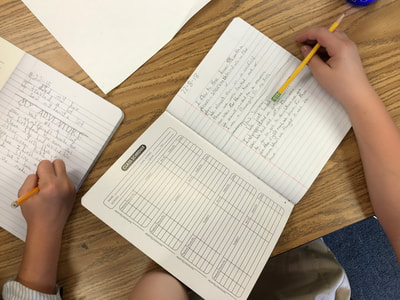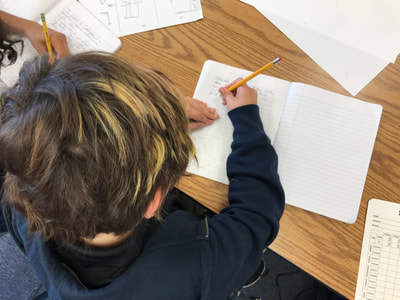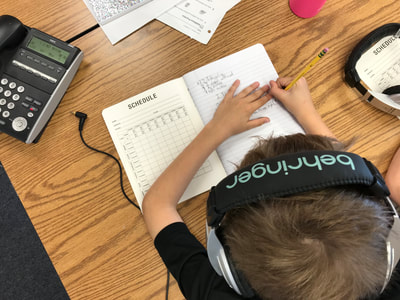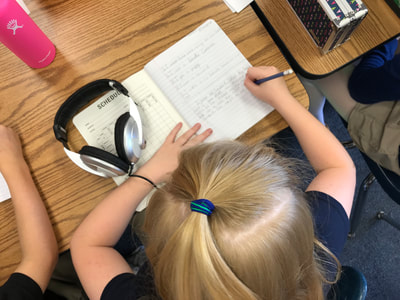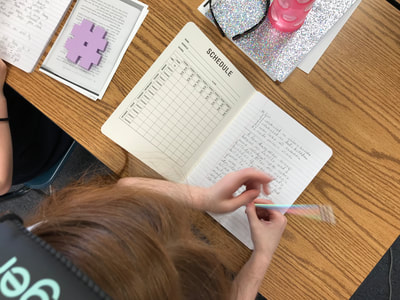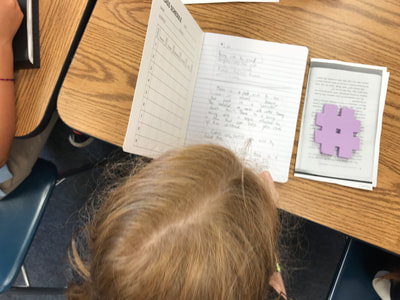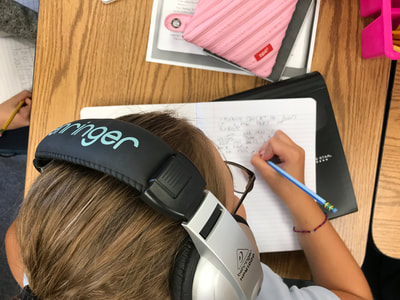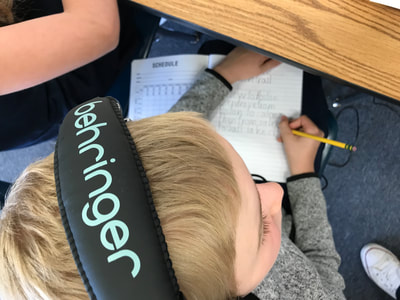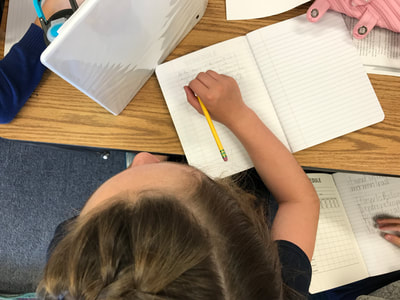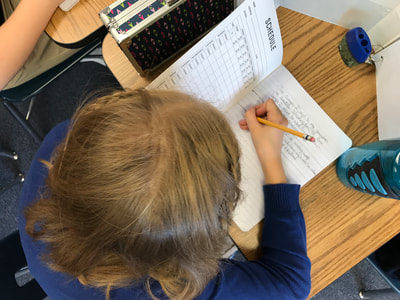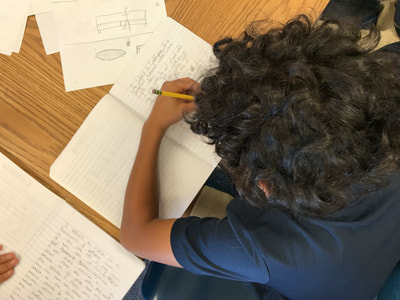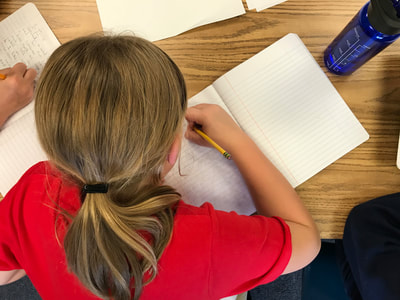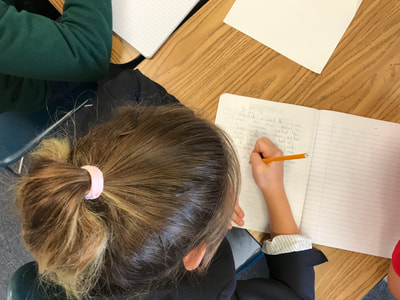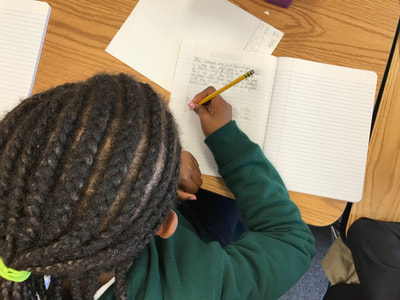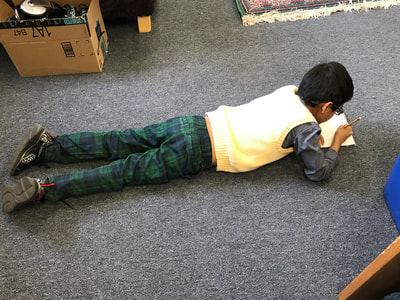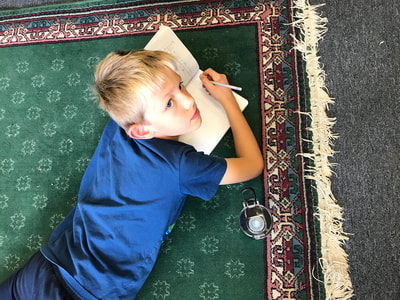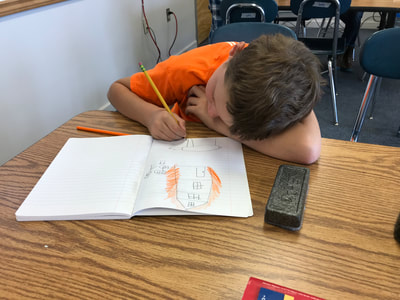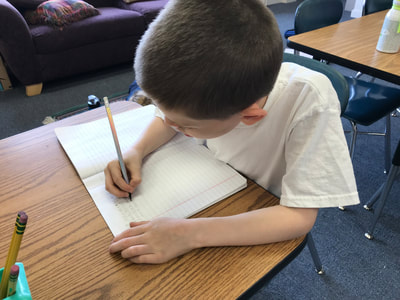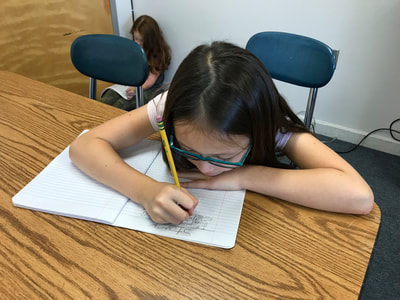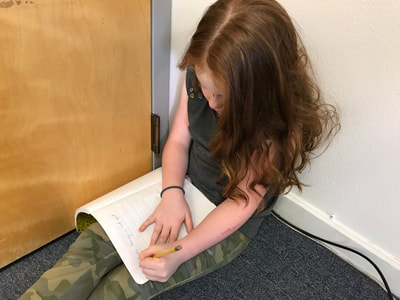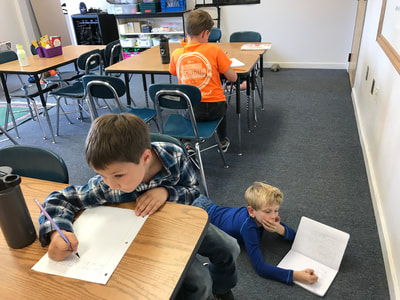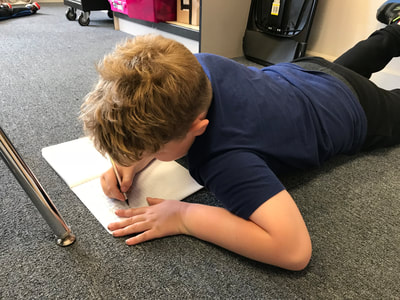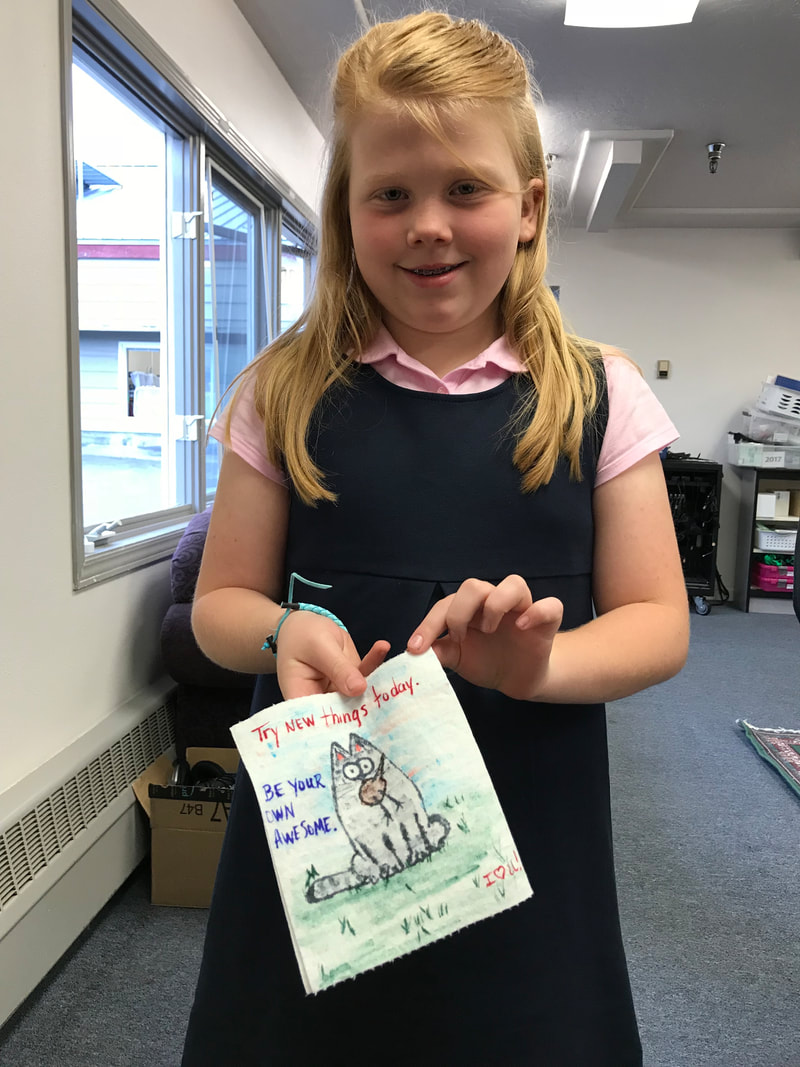The Responsive Classroom
Over the last few years, the Third, Fourth and Fifth Grades have used what is called the Responsive Classroom to give the students agency over their own environments.
The responsive classroom teaches:
- Using positive teacher language to establish high academic and behavioral expectations
- Getting students excited about schoolwork by offering engaging academics
- Teaching the classroom and academic routines that enable a collaborative learning community to thrive.
Responsive Classroom is an evidence-based approach to education that focuses on the strong relationship between academic success and social-emotional learning (SEL). The Responsive Classroom approach empowers educators to create an engaging learning communities where all students have a sense of belonging and feel significant.
As you see in the video above, the Morning Meeting is an important way to get the day started, as it brings students together. Each and every morning meeting consists of:
- Greeting: Students and teachers greet one other by name.
- Sharing: Students share information about important events in their lives. Listeners often offer empathetic comments or ask clarifying questions.
- Group Activity: Everyone participates in a brief, lively activity that fosters group cohesion and helps students practice social and academic skills (for example, reciting a poem, dancing, singing, or playing a game).
- Morning Message: Students read and interact with a short message written by their teacher. The message is crafted to help students focus on the work they’ll do in school that day.
Lucy Calkins
& Mini-lessons For Writing
The foundation of PNA’s Third, Fouth and Fifth Grade Language Arts learning is a series of books written by one of our LA heroes, Lucy Calkins!
Every Language Arts class (Reading taught by Mrs. Orbase and Writing by Mr. Yancik) includes a mini-lesson, followed by twenty to thirty minutes of actual, supervised reading or writing and concludes with a group discussion on how it all went.
In this way, the actual learning takes place in a safe, controlled environment where the kids are given the attention and guidance they need to become better readers and writers!
The focus of this week’s mini-lesson was on generating ideas for real life stories.

